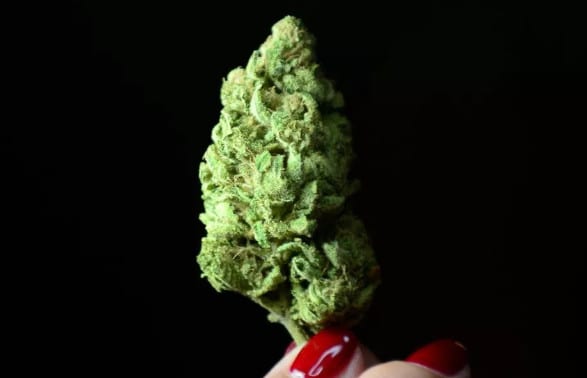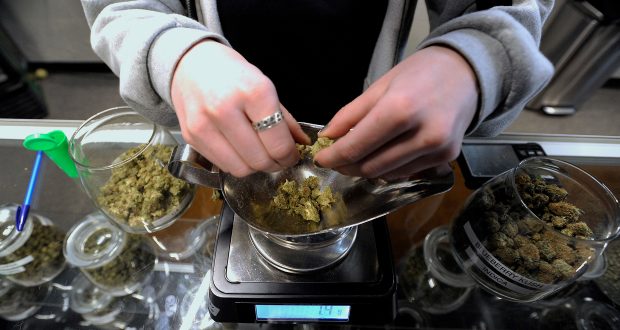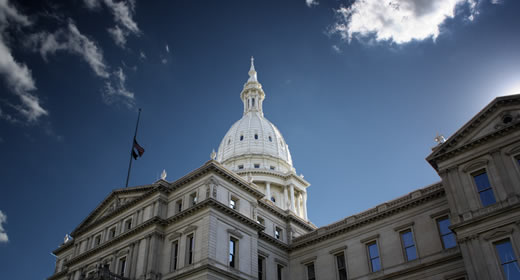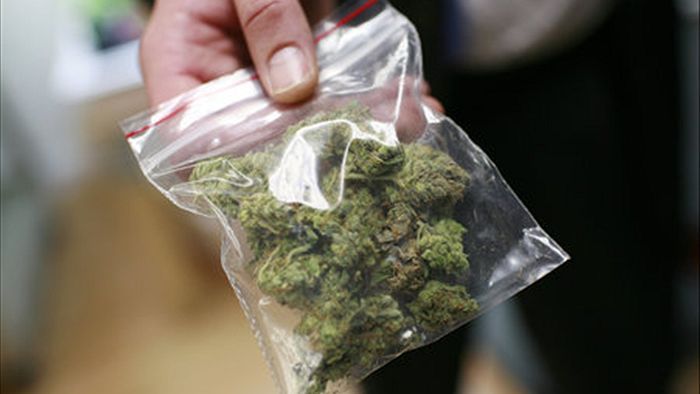Lawmakers in the interim will take a look at how to implement the legalization of medical marijuana should it pass in 2018.
Oklahomans for Health successfully circulated an initiative petition to put the issue before voters.
It is assumed State Question 788 will be on the Nov. 6, 2018, general election ballot, but Gov. Mary Fallin has yet to issue a proclamation declaring an election date, according to the Oklahoma Secretary of State’s office.
Rep. John Paul Jordan, R-Yukon, asked for and was granted an interim study on the issue.
Jordan said should the measure pass, and it looks more favorable than in years past, officials need to determine what issues the state would face regarding implementation.
Jordan said the wording of the state question may lay out some of the specifics, but anytime there is a change in policy of this magnitude, several questions need to be asked and answered before it is implemented.
“This is not something I am looking at doing in a vacuum,” he said of the study.
He said he will seek input from Oklahomans for Health, law enforcement and representatives from other states that have legalized marijuana in some form.
“This study is not to discuss whether or not the state question should pass,” Jordan said. “That is up to the people to decide. It is looking at what needs to be done if it does pass.”
But Chip Paul, Oklahomans for Health co-founder, said the wording in the petition already answers several of the lawmaker’s questions.
Paul said the Oklahoma State Department of Health would regulate it. The measure calls for a 7 percent sales tax to fund the regulatory activities. Surplus funds would go to education and to the Oklahoma Department of Health for drug and alcohol rehabilitation programs.
Licenses to posses the product would cost $100 and be good for two years. Those on Medicaid, Medicare or SoonerCare would pay a $20 fee for a license.
“We have done a pretty good job of laying things out,” Paul said. “I literally studied every other state law in the country, and so we tried to look at the good and the bad across the country and wrote a very, very progressive law.”
Paul questioned whether the interim study was a good use of taxpayer dollars given that many of the issues Jordan brings up in the interim study request are already written in the state question.
Paul said efforts to get the measure on the ballot resulted in the registration of a lot of new voters. He believes the question will generate a lot of interest at the polls.
credit:420intel.com













